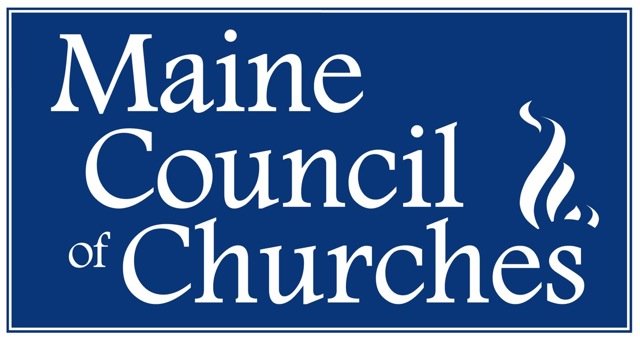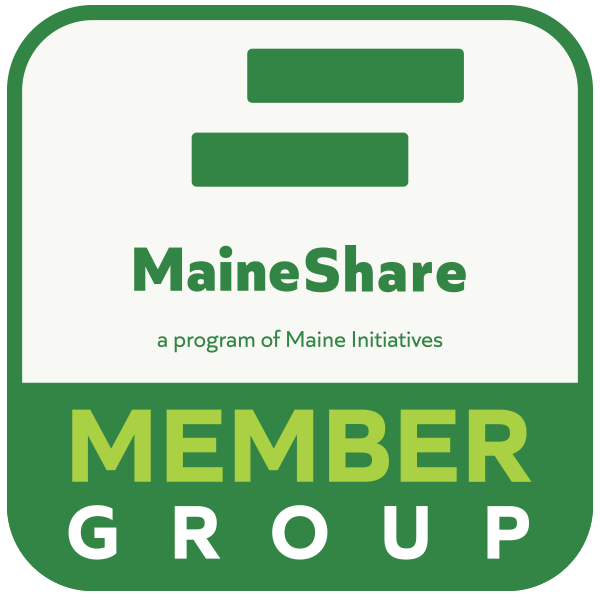Maine Compass: The moral case for Mainecare We can’t sit back and watch as an important part of the safety net is dismantled.
The Kennebec Journal, May 17, 2017
Whenever I find myself in a confusing situation that requires a decision, I find it helpful to fall back on simple moral truths, such as “don’t forget to say please and thank you” and “live by the golden rule.”
This week we are confronted by just such a moment. Gov. Paul LePage has proposed changes to Mainecare, Maine’s Medicaid program, that will force low-income people to choose between paying for health care or food, transportation to work, or rent. Maine has asked the Trump administration for changes that no state has ever done before and that national advocates for low-income people say are the most extreme they have seen. For Medicaid recipients who can afford it, I understand the point of them having some “skin in the game,” but those who can’t afford it will lose health coverage.
Here are a few of the proposals:
• Work requirement. No state has been allowed to do this because it is not consistent with Medicaid’s purpose of promoting health coverage and access. Further, the requirement is unnecessary since nearly 80 percent of Medicaid recipients are in working families and 59 percent are themselves working. Of those who are not working, 89 percent are either ill, disabled, taking care of home or family, in school, or retired.
• Premiums. Some people would have to pay premiums before coverage begins. Many low-income people, who are already putting off paying bills in order to pay other debts, will lose coverage. The penalty for missing a payment is reminiscent of the debtors’ prisons of Ebenezer Scrooge’s time. If payments are not made, the person could serve a penalty of three months without health care. Then only upon repayment of all missed premiums would the person be allowed back onto Mainecare.
• Asset test. Owning assets such as savings and retirement accounts that exceed $5,000 would result in ineligibility for MaineCare. Although the vast majority of low-income parents and children do not have this type of assets, they will now have to prove it.
When we look at these Medicaid cuts through the moral lens of the world’s faith traditions about how to treat our neighbors who are poor and marginalized, they fail.
Christians are asked to do unto others as one would have others do unto them. If Jesus were alive today, he would tweet one of his best lines: “In as much as you do it unto the least of these, you do it unto me.” Treating the poor well is serving God.
Islam strives to create classless communities. Muslims are expected to help those in need and to be a voice for the voiceless. One cannot be a good Muslim if one’s neighbor is without food and shelter or in need of help.
In Judaism, the Hebrew word for justice or righteousness, Tzedakah, also refers to “right action” like giving to the poor. This is a religious obligation, not voluntary. It is giving the poor their due. In the Torah the poor man is called achikha — your brother. Jewish tradition emphasizes that the poor are not “them.” Rather, all people are our brothers and should be treated with dignity regardless of their financial means.
Unitarian Universalists covenant to affirm and promote the inherent worth and dignity of every person and justice, equity and compassion in human relations.
Each year, the Maine Council of Churches gathers leaders of Maine’s many denominations to review proposed legislation and initiatives through a moral lens. If the changes to Medicaid proposed by the LePage administration punish the poor instead of lifting them up, they are in a word, immoral.
Many are also unworkable. Asset tests are expensive to administer and cost more than they save. Americans are urged to save for retirement, but when low-income people do, they are punished. These policy changes would guarantee that poor people remain poor. Good policies help lift people out of poverty.
To bear witness to the immorality of these changes, the Maine Council of Churches invites clergy of all faith traditions to gather in prayer at 8:30 a.m. outside the entrance to the two hearings on the cuts that begin at 9 a.m.: in Portland on Wednesday, May 17, at the Cross Arena, and in Augusta on Thursday, May 18, at the Civic Center. All people of faith and good will are encouraged to attend the hearings to show opposition to the proposed cuts.
If you want to read more on the proposed Medicaid waiver, please go to mejp.org.
Dale McCormick is a member of the Maine Council of Churches Public Policy Committee and the Maine Unitarian Universalist State Advocacy Network. She lives in Augusta.

